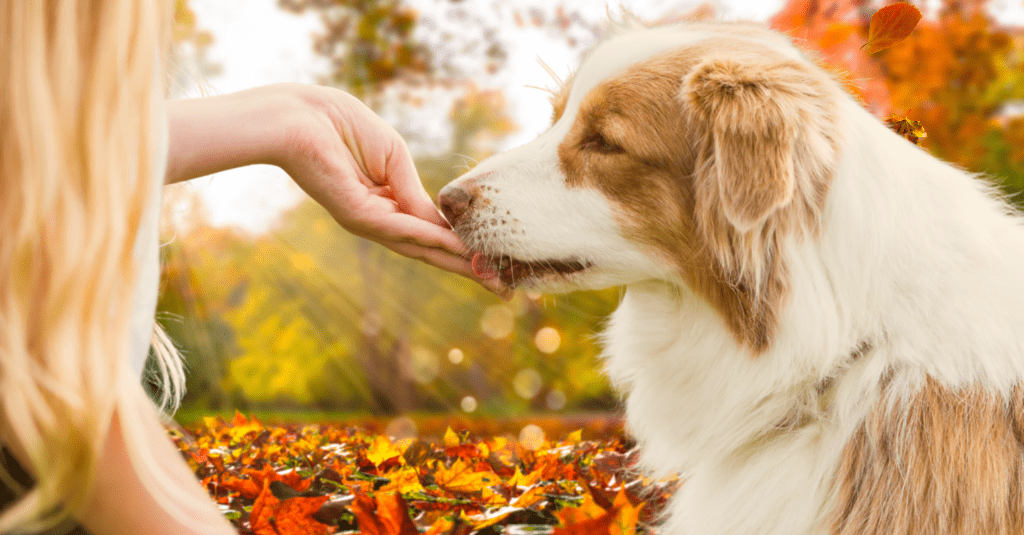Hyperthyroidism

Hyperthyroidism, or overactive thyroid gland disease, is common in cats that are middle-aged and older. It occurs when the thyroid gland overproduces the thyroid hormones T3 and T4, which are then released into the bloodstream. The thyroid gland has two lobes (right and left) that are found in the neck on either side of the windpipe. The hormones produced by the thyroid gland controls the metabolism process.
Thyroid hormones help control the body's metabolic rate and activity level, so cats with hyperthyroidism have symptoms of burning energy quickly and losing weight despite having an increased appetite and eating more. It’s important to remember however, that not all cats with hyperthyroidism will have these symptoms. In fact, about 20% of cats will be sluggish and depressed instead of hyperactive with decreased appetite.
Hyperthyroidism Symptoms in Cats
- Weight loss despite increased appetite
- Increased thirst and urination
- Increased irritability
- Restlessness
- Rapid heart rate
- Unkempt coat
- Mild to moderate diarrhea
- Vomiting
- Heat intolerance (seeking a cool place to sit)
- Panting when stressed
- Howling or yowling at night
- Elevated liver enzymes
What Causes Hyperthyroidism in Cats?
In many cases, hyperthyroidism is caused by a benign (non-cancerous) hormone-producing tumor. A malignant (cancerous) tumor known as a thyroid adenocarcinoma can also cause hyperthyroidism, but this occurs rarely (in only 1 to 2 percent of all cases). Other reasons a cat gets hyperthyroidism are diet and environmental causes.
Cat hyperthyroidism treatment is generally well-received, especially if the condition is identified early. If left untreated, feline hyperthyroidism can lead to many complications as the thyroid hormone impacts the heart rate by increasing it. Hyperthyroidism can also cause heart failure, heart murmurs, high blood pressure, kidney damage, and blindness. Felines with hyperthyroidism can also have raised liver enzyme levels.
How Does NHV Natural Supplements Help My Cat’s Hyperthyroidism?
NHV’s main veterinarian formulated supplement to help balance the thyroid and help with cat hyperthyroidism symptoms is Resthyro. It can be used alone or in conjunction with conventional cat hyperthyroidism treatment.
Other helpful supplements include:
- Turmeric to provide heart and liver support
- Hearty Heart to help with blood pressure and circulatory support
- Milk Thistle for liver support
- And Tripsy to help strengthen the kidneys (as hyperthyroidism and kidney disease as chronic kidney disease can be a complicating factor in treating hyperthyroidism).
NHV supplements have helped thousands of cats in their fight against hyperthyroidism, like Penny the cat, Chibi, and Mr. Dribbles. To learn more about hyperthyroidism in cats, visit our Vet Talks blog series by holistic veterinarian, Dr. Hillary Cook.
Additional Support
Visit your vet if you notice any of the cat hyperthyroidism symptoms listed above. Your vet will make his or her diagnosis based on your pet's history, symptoms, and a physical examination confirmed by a blood test to measure hormone levels. The vet will then come up with a plan for your cat’s hyperthyroidism treatment. It is important to note that feline renal failure and diabetes may have similar symptoms, so do not self-diagnose your pet.



 USD
USD
 Canadian Dollars
Canadian Dollars